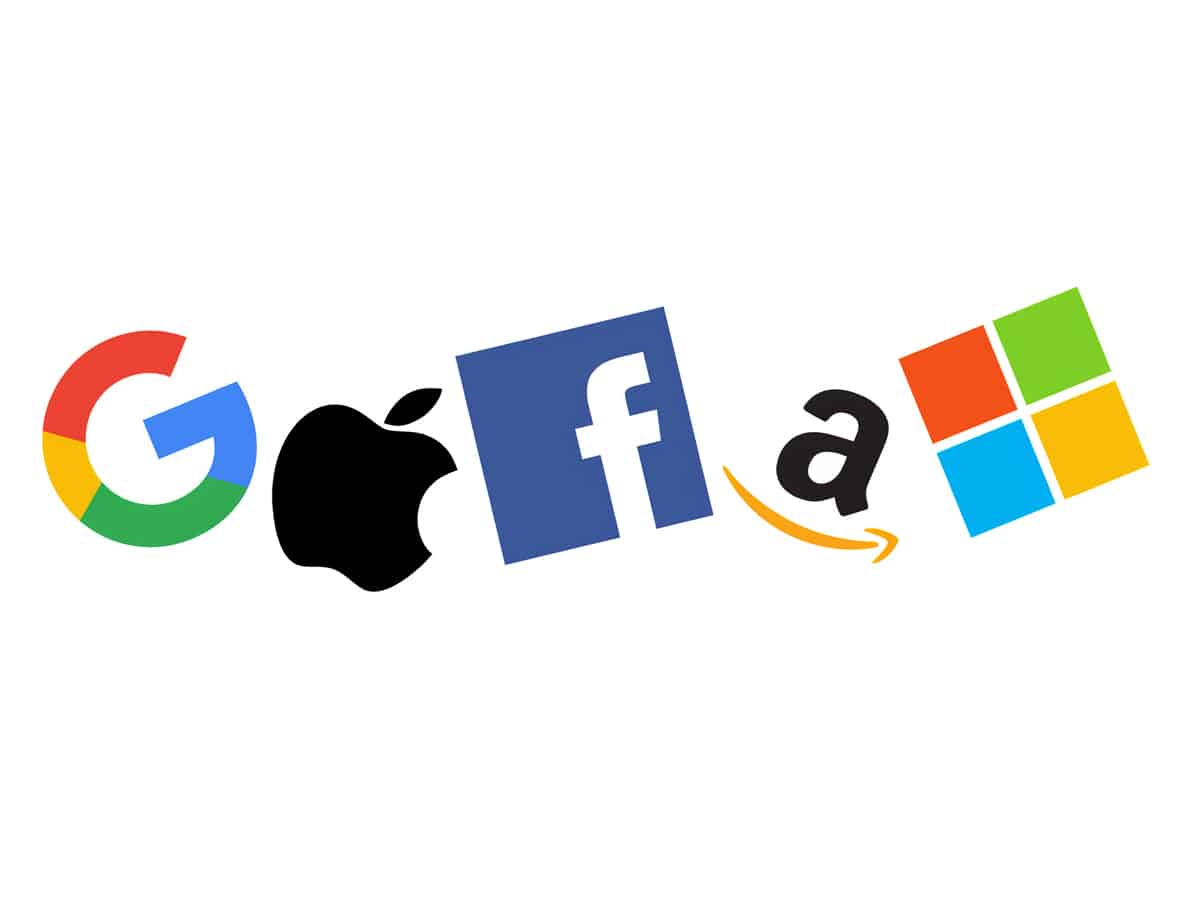San Francisco: Following a debate, the US House Judiciary Committee has advanced all but one of the bills before it that focus on curbing Big Tech and its ability to promote its products and services over others — and the last one will likely get the nod on Thursday.
After a Wednesday approval of a bill to increase the antitrust enforcement budget, the committee has now also backed all but one of the bills concerning Big Tech market dominance.
The bills have advanced despite lobbying efforts from Google and Apple, which included CEO Tim Cook reportedly phoning Speaker Nancy Pelosi directly, AppleInsider reported.
Central to the package is the American Choice and Innovation Online Act, which is concerned with preventing dominant platforms from unfairly promoting their services.
According to the Wall Street Journal, it was approved by a vote of 24 to 20.
The Augmenting Compatibility and Competition by Enabling Service Switching, or Access, Act, was passed from 25 to 19.
This bill aims to give the FTC extensive new powers to set standards for large tech companies, the report said.
Rep. Jim Jordan was among those objecting to extending the FTC’s powers. He argued that gave unprecedented power and even the ability to impose a political agenda on the firms.
Broader concerns regarding all of the bills were reportedly also debated by both Democrats and Republicans. Reportedly, issues were raised over the fairness of targeting only the largest technology platforms.
At the same time, the Wall Street Journal said that lawmakers questioned whether Microsoft had successfully lobbied to be excluded from the proposed legislation.
Rep. David Cicilline denied that any firm was exempted and separately a Microsoft spokesperson claimed there had been no lobbying.
“At its core, this issue is fundamentally about whether or not we have an economy where businesses fighting for economic survival can actually succeed,” said Cicilline.
He claimed that the unchecked power of the largest technology firms was a threat to the economy, and even to American democracy.

